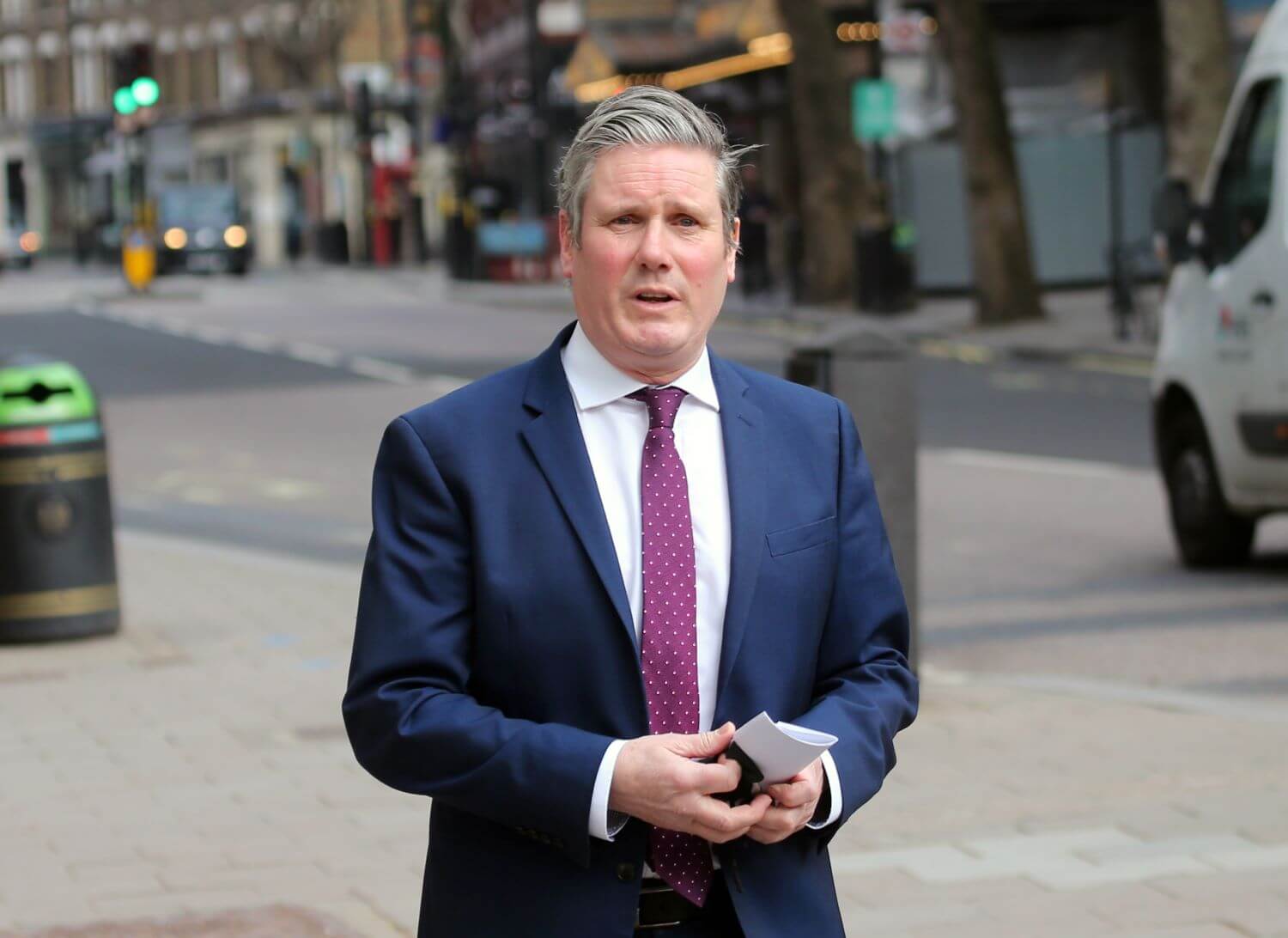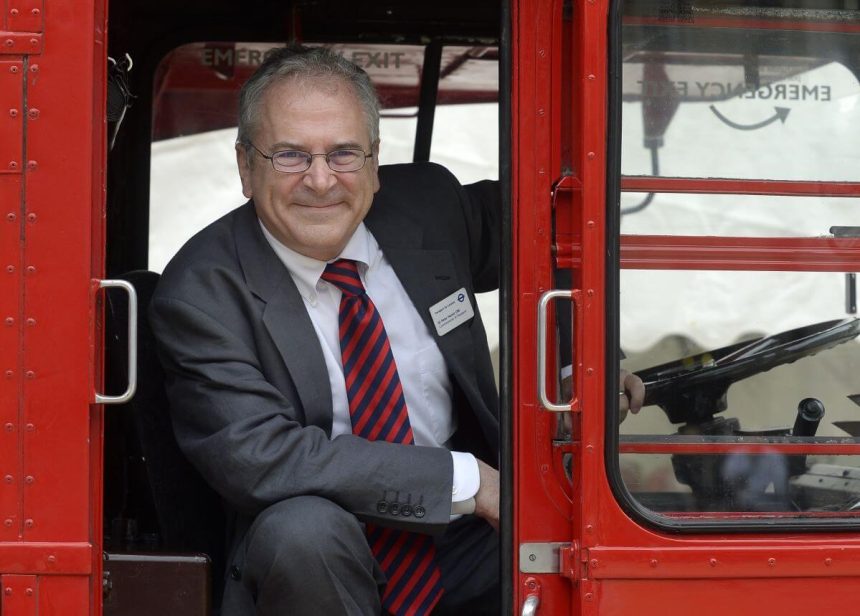It came as no surprise that Louise Haigh was appointed as the new Secretary of State for Transport and Simon Lightwood as Under-Secretary of State for Transport with responsibility for local transport in the new Labour government.
Sir Keir Starmer’s office had signalled for some time that, if Labour won the general election, most of his shadow cabinet would simply transition into his new cabinet with their existing policy portfolios, and so it came to pass.
The appointment of Lord Peter Hendy, the Chair of Network Rail, as Minister of State for Rail is a fascinating and very clever appointment. So, the former shadow junior rail minister, Stephen Morgan, doesn’t follow Ms Haigh into the Department for Transport in that role.
Lord Hendy … is one of the most — if not the most — experienced individuals in the public transport industry
In other junior ministerial appointments to other departments, the new Prime Minister has made some interesting appointments, with former shadow spokespeople not getting their equivalent positions in government.
Indeed, the former shadow Attorney General, Emily Thornberry, was not appointed to that role in Cabinet; this position went to an outsider, Richard Hermer KC, who is now appointed a peer.
James Timpson, the CEO of the Timpson Group, is another outsider, appointed as Minister of State for Prisons. Patrick Vallance, whom we all got to know so well during those COVID-19 lockdown press conferences in No 10, has been appointed as Minister of State for Science.
Lord Hendy on board
Lord Hendy’s appointment has potential implications beyond just rail. He is one of the most — if not the most — experienced individuals in the public transport industry. He knows as much about buses as he does about rail, having been Commissioner for Transport for London and before that even owned his own bus company.
I would expect him to have a huge influence over all public transport policy issues, including buses. The relationship between Lord Hendy and whoever replaces him as Chair of Network Rail/Great British Railways will be fascinating, and possibly a little awkward. He knows where all the Network Rail bodies are buried!
Further, it’s worth noting that he has, in the past, cautioned local transport authorities that bus franchising is not the panacea that some may think, and not the solution for every authority up and down the country.
How such an opinion would sit against Ms Haigh’s stated view that she wants to see bus franchising in every community will be an interesting dynamic to watch.
The election result
What should we make of the result of the general election? Labour’s landslide victory came as no surprise, of course, becoming increasingly inevitable as time went on.
It’s worth remembering that, when Boris Johnson delivered that Conservative majority of 80 in 2019, almost every political commentator said that it would take at least two parliamentary terms for Labour to have any chance of overhauling that. Mr Starmer has not only overturned it, he’s smashed it and in less than five years. It’s a truly remarkable achievement.
But look beneath the headline parliamentary majority, and all is not rosy in the Labour garden. The party’s overall vote share barely moved compared to 2019.
Indeed, in Wales, it fell by 4% and in England it increased by just 0.5%. Only in Scotland did it surge — by 17%. Indeed, Mr Starmer only polled 700,000 more votes in this election than Jeremy Corbyn did in 2019 but almost doubled the number of MPs elected.

Labour’s parliamentary majority is a reflection of the UK’s first-past-the-post system, not a reflection of a surge in support for Labour.
It’s also a reflection that Nigel Farage’s decision to stand in the election, and the surge in support for Reform UK that followed, split the Conservative vote in a very major way, with Reform placing second in 98 constituencies.
Indeed, it has been calculated that, in the case of some two-thirds of the seats that the Conservatives lost, it was due to Reform splitting the right-wing vote. On that calculation, the Conservatives would have held an extra 166 seats if Reform had not stood, and we would probably have had a hung parliament.
Albeit, Labour would still the largest party, propped up by a resurgent Lib Dem party with over 70 MPs, its best performance since the 1930s.
Historically it’s the left-wing vote that has always been split, but now it’s the right-wing vote that is split too, with the Conservatives facing a real challenge from the right for the first time.
Looked through that particular lens, this was not a resounding victory for Labour
So, while Mr Starmer is entitled to say that Labour has a strong mandate based on his parliamentary majority, I don’t think he can say that on the basis of the actual share of the vote.
Indeed, the combined “right-wing” vote of Conservative and Reform UK was 38% while Labour’s vote share was 34% (although the combined Labour/Lib Dem “left-wing” vote is 46%).
Further, 40% of those entitled to vote decided to stay at home. So almost 80% of the electorate didn’t vote for Labour.
Looked through that particular lens, this was not a resounding victory for Labour. Indeed, if we had a pure system of proportional representation where MP numbers reflected the electorate’s actual vote, Labour would have 195 MPs, the Conservatives 156, Reform UK 91, the Lib Dems 78 and the Greens 45.
What next for the Conservatives?
What happens now for the Conservative Party is anybody’s guess. Does it elect a new leader that will take the party to the right in order to address the clear threat from Reform UK, or does it appoint a centrist “One Nation” Conservative that will hold the party to the centre ground?
I have absolutely no idea, and, right now, nor does the party. Opinions are divided.
If a new party leader swings to the right to embrace Reform UK, what will the “One Nation” group do? What will the hard right of the party do if it moves the other way? Indeed, will the party be able to survive these clear and deep tensions?
Mr Farage says he wants to take over the Conservative Party. It would be a brave person who says he won’t achieve that ambition.



























